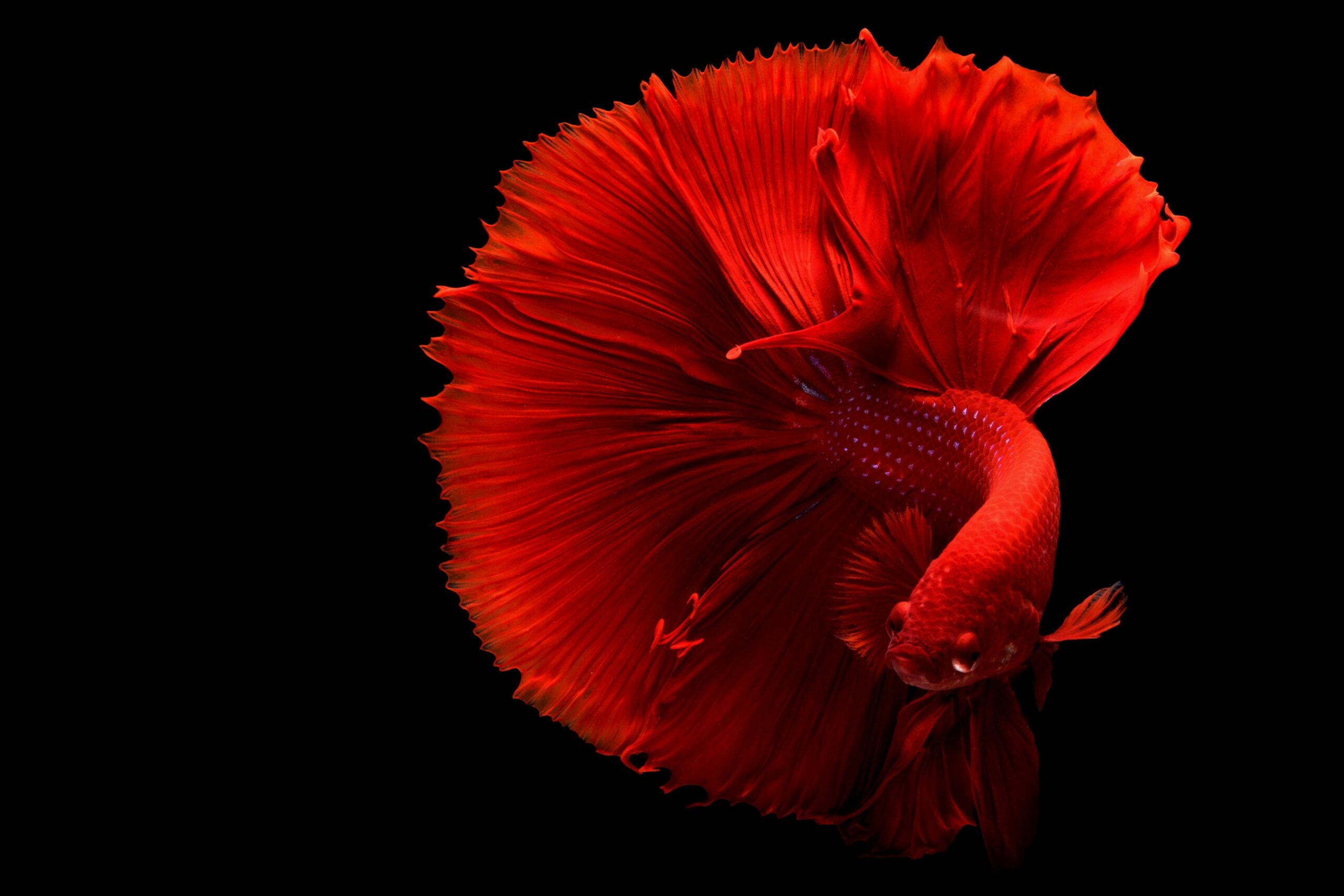Effective Ways to Train Your Betta Fish for Competitive Fighting in 2025
Betta fish fighting has long been a captivating aspect of aquaculture and a popular pastime among fish enthusiasts. As we head into 2025, understanding the best practices for training these magnificent creatures is paramount for competitive success. This article delves into the essential techniques for training your betta fish, ensuring they are not only healthy and robust but also exceptionally prepared for the competitive arena.
In this guide, we’ll explore various topics including betta fish care requirements, habitat setup, and fighting strategies. By tailoring your betta’s environment and care regimen, you can enhance their performance. With an emphasis on ethical considerations and best practices, let’s journey through the effective ways to train your betta fish for fighting competitions.

Essential Betta Fish Care Techniques for Competitions
Before diving into the strategies for fighting, a strong foundation in betta fish care is crucial. Healthy fish are more likely to perform well, and understanding their needs can prevent undue stress and illness. Proper care starts with recognizing and meeting their physical, social, and environmental needs.
Understanding Betta Fish Behavior
Betta fish, known for their territorial nature, exhibit unique behaviors that are essential to their training. Understanding aggressive tendencies and social structures within their species can help you predict and manage their actions, especially in a competitive scenario. Pay attention to aggression triggers, as managing this behavior can significantly influence training outcomes.
Optimal Betta Fish Habitat Setup
Creating an ideal fighting fish tank setup is vital. A suitably sized tank (minimum 5 gallons), proper filtration, and temperature control (ideally between 75°F and 82°F) help maintain water quality and reduce stress. Adequate lighting and plants also mimic natural habitats, allowing for more authentic behaviors to surface, beneficial for training purposes.
Feeding Guidelines for Performance
Nutrition plays a key role in ensuring your betta fish are at their peak fighting condition. A diet rich in high-quality pellets, protein, and the occasional treat (like bloodworms) enhances muscle development and overall vitality. Adhering to a strict feeding schedule, avoiding overfeeding, and providing varied nutrition can make a notable difference in your betta’s performance during competitions.
With the essentials of betta fish care covered, we transition to training methods that can elevate your fish’s competitiveness.
Advanced Techniques for Training Betta Fish
Training your betta effectively involves a strategic combination of consistent techniques and behavioral conditioning. The goal is to prepare them not just physically, but mentally for the rigors of competition.
Betta Fish Training Methods
Utilize repetitive training exercises to improve agility and response times. Introduce toys or objects in the tank that encourage your betta to engage in swimming challenges, mimicking the movements they might encounter during fights. Consistent exposure to these training elements reinforces muscle memory and confidence in aggressive encounters.
Understanding Betta Fish Aggression
Recognizing when to stimulate and when to pacify is vital for effective training. Controlled introduction to other fish, under supervision, can help them practice. However, it’s crucial to know the signs of stress and aggression overload to avoid negative impacts on their health and behavior.
Fighting Strategies and Techniques
As you prepare for competitions, it’s important to develop fighting techniques. Familiarize your betta with the scenarios they may face. Observing their reactions can provide insights into their fighting readiness and strategic approach against rivals. Additionally, studying successful competition techniques from experienced owners can also enhance your knowledge.
Incorporating these advanced training methods will ensure that your betta fish is not just fit but also mentally prepared for competitive environments. Next, we will explore the significance of the social component in betta care.
Social Behavior and Betta Fish Compatibility
Understanding the social behavior of betta fish is pivotal in training. Betta fish can exhibit varying degrees of aggression and tolerance, especially when it comes to interactions with other fish. Learning how to manage these dynamics can profoundly influence their training and performance.
Identifying Betta Fish Gender Differences
Males and females display significant differences in behavior and compatibility. Males are often more aggressive, especially towards each other, while females have a tendency to be more social under the right conditions. Understanding these differences can affect training approaches, especially in mixed-gender environments.
Creating Communities for Betta Fish
If you are aiming for a community tank setting, ensure that tank mates are compatible. Some species can trigger heightened aggression in bettas, while others can have a calming effect. Properly selected tank mates can enrich your betta’s environment, leading to reduced stress and improved training outcomes.
Expert Recommendations on Social Interactions
Engaging bettas with safe, neutral tank mates initially can reduce territorial aggression and help in socializing them comprehensively. Furthermore, implementing a social training approach foster bonds and improve responses in competitive scenarios, ultimately refining their fighting strategies.
With comprehensive knowledge about social compatibility and behavior, we now move on to the broader implications of ethical practices in betta fish competitions.
Ethics in Betta Fish Fighting
While betta fish fighting can be an exciting competition, it’s essential to align with ethical practices. Understanding the implications of your actions helps pave a constructive way in the betta ownership community. Ethical ownership is as important as training and preparation.
Understanding Betta Fish Fighting as a Sport
Engaging in betta fish fighting as a competitive sport brings with it considerable responsibilities. Prioritizing the health and quality of life of your fish should always take precedence. Maintaining awareness about regulations and ethical practices ensures a respected and accepted involvement in the aquarist community.
Health Considerations for Competitive Betta Fish
Maintaining robust health through regular check-ups, observing for diseases, and ensuring proper stress management are keys to sustaining performance. Owners should be attuned to signs of stress in their betta, helping prevent injuries and health decline during training and competitions.
Benefits of Ethical Betta Fish Ownership
Engaging ethically in betta fish fighting enhances the positive perception of the sport and contributes to the welfare of the fish. Consider participating in responsible breeding programs or supporting betta fish rescues, creating a supportive community around this fascinating hobby.

Maintaining Betta Fish for Long-term Success
Long-term care and maintenance practices play a significant role in ensuring that your betta remains healthy and performs well over time. Here, we will discuss practical maintenance tips that aid in the sustainability of your competitive journey.
Betta Fish Daily Care Routine
Establishing a consistent daily care routine helps keep your fish healthy and thriving. This includes regular water changes, monitoring pH levels, and ensuring suitable tank conditions. A solid schedule reinforces habits and predicts any potential health troubles that might interfere with your training program.
Cleaning and Maintenance of the Betta Tank
Regular cleaning protocols minimize disease risks in your betta’s environment. Implement strategies like vacuuming substrate during water changes and ensuring the filtration system is functioning optimally. A clean environment promotes overall well-being while catering to their aggressive tendencies in a controlled manner.
Monitoring Betta Fish Health
Keeping an eye out for early signs of stress or illness is crucial. This includes knowing common betta fish diseases and their symptoms. Understanding their unique health markers will equip you in identifying problems promptly and could be crucial for ongoing competitive performance.
Q&A: Common Concerns About Betta Fish Training
What is the best diet for a fighting betta fish?
The best diet includes a high-protein base, like pellets specifically formulated for bettas, supplemented with occasional freeze-dried or live food. A balanced diet enhances muscle development and overall vitality. Regularly assess feeding habits to adjust quantities and variety.
How can I reduce aggression in my betta fish?
Introduce environmental enrichment and socializing opportunities gradually. Observe their triggers and adjust the environment accordingly, ensuring harmony and reducing stress during training. Providing toys and decorations can redirect aggression into more constructive play.
Is betta fish fighting ethical?
Betta fish fighting can be ethical if conducted responsibly. Ensuring the health and welfare of the fish, engaging in regulated events, and considering long-term ownership impacts are all vital components to ethical practices in the sport.
How long does it take to train a betta for fights?
Training duration varies based on the individual fish and its past experiences. Typically, a few weeks of consistent, engaging training sessions can develop a betta’s agility and strategy for competitions. Consistency and positive reinforcement work best.
What are some signs of healthy betta fish?
Healthy betta fish display vibrant colors, active movements, and a strong appetite. They should exhibit minimal stress signs and maintain interest in their environment, such as exploring or interacting with tank accessories.
In conclusion, successfully training your betta fish for competitive fighting requires a well-rounded approach encompassing care, training techniques, social compatibility, and ethical considerations. By remaining committed and informed, you can navigate the exciting world of betta fish fighting, ensuring your fish thrive both in health and performance.
